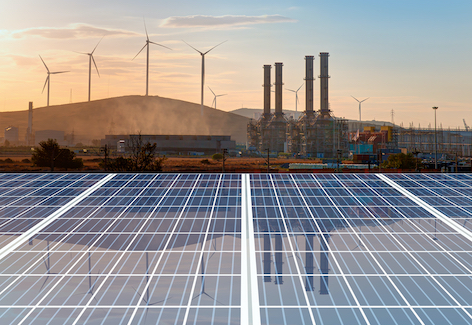Ph to join OECD clean energy finance program
- December 14, 2021
- 0

The Department of Energy (DOE) announced on Monday that it has agreed to sign on to a program organized by the Organisation for Economic Cooperation and Development (OECD) to attract investm
Under the Clean Energy Finance and Investment Mobilisation (CEFIM) program, the OECD will help the Philippines “address the green financing challenge, as well as jumpstart the energy transition goals of the Philippine Energy Plan (PEP),” the DOE said in a statement with Energy Sec. Alfonso Cusi expressing his support for the move.
Funded by the Danish government, the CEFIM program aims to help partner countries in Asia and Latin America draft policies to attract funding for clean energy projects.
“The [program] is helping scale up clean energy finance and investment by strengthening domestic enabling conditions in the areas of energy efficiency and renewable energy [(RE)],” the DOE said in a statement.
Under CEFIM, the Philippines is expected to come up with a Clean Energy Finance and Investment Roadmap that will advance the PEP by providing both the government and private sector a clear course of action for financing and investing in clean energy technologies.
The DOE, together with the Bangko Sentral ng Pilipinas (BSP), and the Securities and Exchange Commission, are also expected to develop a Clean Energy Finance and Investment database to track financing for energy-related assets, and a finan
BDO Capital & Investment
CEFIM will also allow the Philippines to share knowledge with ASEAN neighbors like Indonesia, Vietnam, and Thailand, which are already part of the program.
The Philippines previously committed to reduce its carbon emissions by 75% come 2030.